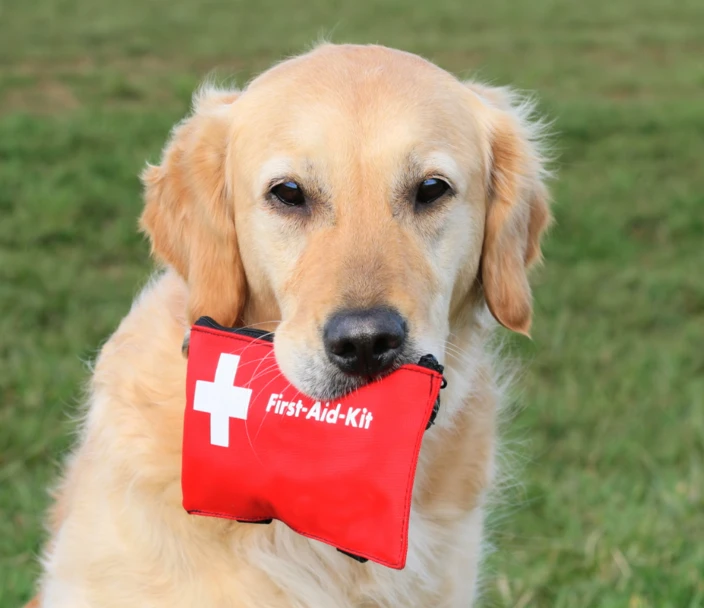When we go on a trip and can’t take our pets with us, we make arrangements for a kennel, friend or family member to take care of them. The same care and planning should take place in case of an emergency. Make your dogs, cats and other animals part of your family emergency plan. After all, they’re a part of your family!
If the need arises for you to evacuate your home, you should bring your pets with you if possible. If you need to stay in a shelter for any period of time, however, be aware that most shelters do not accept pets. Before disaster strikes, take the steps necessary to ensure your pets will be safe.
Make a plan for your pet
- Prepare a list of hotels, kennels, friends and family members outside your immediate area where your pet may be able to stay in an emergency.
- Determine which neighbors, friends or relatives can care for or evacuate your pets if you are unable to do so. Be sure they know where your pet’s emergency supply kit is located. Designate locations where you would be able to meet in an emergency: one close to your home and one outside your immediate area.
- Talk to your veterinarian about what you should have available for your pet in case of an emergency. Gather names and contact information for vets or veterinary hospitals outside your immediate area.
- Microchip your pet. Make sure you keep your emergency contact information up to date. It can be an invaluable way of reuniting with your pet in case you are separated.
- Create your family emergency plan (200.03 KB) .pdf (includes a place for pet info)
- Download the Pet Preparedness flyer (5.05 MB) .pdf .
Protect your pets from the heat
- Animals, like children, can be especially susceptible to heat illness in the summertime. In fact, dogs overheat even faster than people. Leaving your pet in your car in the summer (or spring, or fall), even with the windows cracked or on a mild day, can be a fatal mistake. So just don’t do it.
- Fur coats can be hot. Keep your dog or cat’s fur trimmed to about one inch to help him cool down in warm weather. A kiddie pool filled with water can also keep your dog cool. Keep your pets inside in the air conditioning when possible.
- Don’t exercise your dog when it’s warm. Instead, exercise early in the morning or late at night, or where he can cool off in water. Remember, your dog can overheat when you’re just feeling “warm.”
- If your pet does show any signs of distress due to overheating, take him to the vet immediately.
For more tips about keeping your animals safe in the summer heat, visit the Humane Society of the United States website.
Protect your pet from poison
Like our kids, our pets are vulnerable to everyday products (including foods) in our homes. Pets should be kept away from all human medications. In small doses, some can be lethal – including pain killers, cold medicines, anti-cancer drugs, antidepressants, vitamins, and diet pills.
Common household hazards can include fabric softener sheets, mothballs, and pennies minted after 1982 (which have a high concentration of zinc).
To keep your pets from getting sick (or worse), here are some things you should avoid feeding your pet:
- Alcoholic beverages
- Avocado
- Chocolate (all forms)
- Coffee (all forms)
- Fatty foods
- Garlic
- Macadamia nuts
- Moldy or spoiled foods
- Onions/onion powder
- Raisins and grapes
- Salt
- Yeast dough
- Products sweetened with xylitol
For additional items that could harm your pet, visit the American Society for the Prevention of Cruelty to Animals (ASPCA) website.
In addition, the ASPCA has established a 24-hour hotline that you can call if you believe your pet has ingested a potentially poisonous substance. Call 1-888-426-4435 to get help from the ASPCA Animal Poison Control Center.

